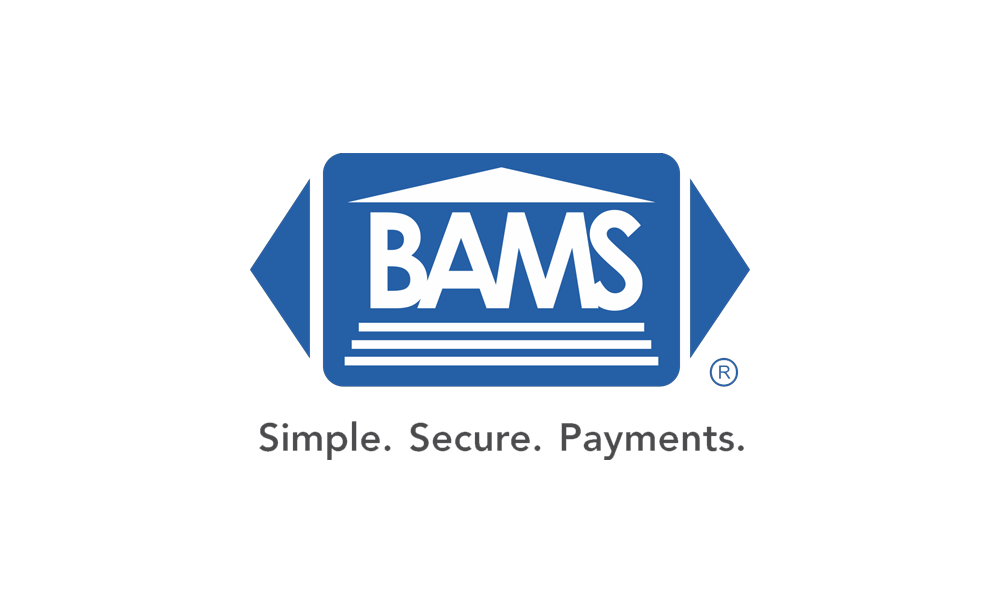What Shopify’s Elimination of Transaction Credits on Refunds Fees Means for You
Refund fees are a reality of doing business. No matter how perfectly you hold up your end of a transaction, there will always be cases in which your buyers change their minds. As a merchant, it’s in your best interest to make that process as transparent and as straightforward for your buyers as possible, as a clear, frictionless refund policy is one of the keys to good customer service and to avoiding chargebacks. Theoretically, a return should essentially turn back the clock, making it as if a transaction never happened – the customer gets their money back, you get your merchandise back, and the payment processor refunds any fees paid by either side. But what if the payment processor refused to give you back your transaction fees so that every return – regardless of the reason – ended up costing you money?
That nightmare scenario is now a reality for every Shopify merchant using Shopify Payments for transaction processing. As of March 1st, 2020, Shopify is no longer returning transaction fees on refunded sales, and the consequences of that decision are potentially devastating for merchants.
The Financial Impacts of the Change
The financial danger this move represents is obvious, considering how common returns are in online shopping. According to Shopify themselves, the average return rate for eCommerce is 20% – double the brick and mortar rate – and 89% of online shoppers have returned an item they bought in the last three years. So, for online merchants, one in five transactions is going to result in a return. The lowest Shopify transaction fee schedule charges 2.4% + $0.30 per transaction. So, under the new rules, Shopify merchants can expect to lose 2.4% + $0.30 on one of every five sales they make! That might not be enough to drive away merchants doing low volumes of low-value transactions, but for merchants selling high volumes or selling high-ticket items, those kinds of losses could easily represent thousands of dollars.
For instance, one user on Shopify’s forum reported that their average product price is $600. If each customer bought only one item, that user could expect to lose roughly $15 on every fifth transaction, or an average of $3 on each and every sale they make. Even with a low monthly sales volume, that easily works out to hundreds of dollars over the course of a year, and with any kind of significant volume, it quickly tips into the thousands.
The Ethical Arguments Against the Change
Beyond the financial problems, there are also ethical issues with processors refusing to refund the fees on returned items. First and foremost, returns are a reality of business, and merchants must honor them – often times even when it isn’t warranted – in order to maintain a healthy and happy customer base. Seizing transaction fees on refunds essentially penalize merchants in cases where, oftentimes, they’ve done nothing wrong. It’s essentially a cash grab disguised as the “cost of doing business.” Additionally, in Shopify’s case, they charge an additional 2% on transactions handled through PayPal, essentially funneling users into Shopify Payments. That leaves businesses without their own merchant accounts between a rock and a hard place, forced to choose between losing out on transaction fees or paying 2% more on every sale.
The Best Alternatives
Shopify merchants outraged by this new direction don’t have to feel like captives to Shopify Payments. The merchants who are most impacted by the change – merchants doing high volume sales or selling high-value items – are likely at a point where their businesses are ready to upgrade to their own merchant accounts anyways. That makes this an ideal time to move away from third-party payment processing and towards a more robust merchant services solution.
At BAMS, the idea of seizing transaction fees on refunded sales goes completely against everything we stand for, and no BAMS merchant will ever have to worry about unfairly losing fees when they’ve done nothing wrong. In addition to the full refunding of fees on all returns, BAMS merchant accounts also offer some other major benefits over third-party processors like Shopify and PayPal. BAMS’ fully transparent interchange-plus pricing model offers some of the lowest transaction fees in the industry. We also offer our merchants a wide variety of services, ranging from assistance with security to chargeback and fraud defense, and much more.
Contact BAMS today to find out how a BAMS merchant account can be easily integrated with your existing Shopify store, saving your money on every transaction, and safeguarding your company’s health by always prioritizing your profits over ours.




